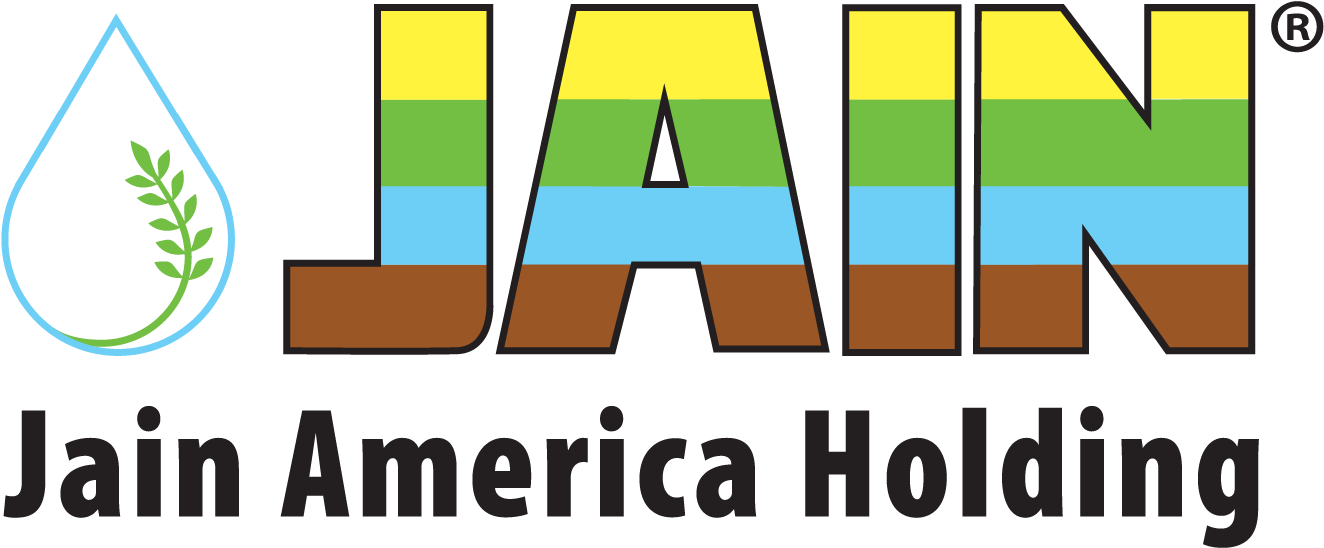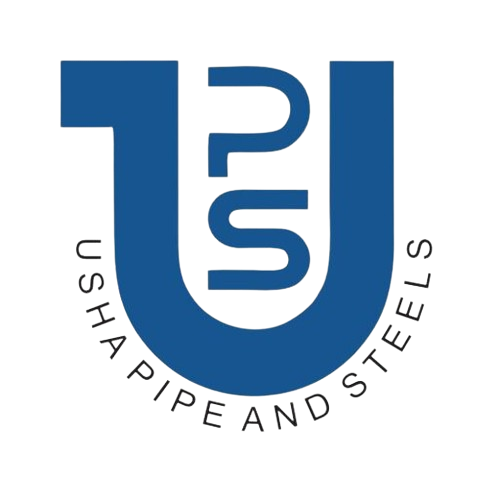High Density Poly Ethylene [HDPE]
- Home
- High Density Poly Ethylene [HDPE]
Product Description
High-density polyethylene (HDPE) is a type of thermoplastic polymer made from the monomer ethylene. It is a versatile and widely used plastic known for its strength, durability, and resistance to various chemicals and moisture.
Uses of High Density Poly Ethylene
- Packaging
- Pipes and Fitting
- Toys and Sporting Goods
- Industrial Containers
- Films & Liners
Packaging
HDPE is widely used in packaging applications such as bottles, containers, and bags for various products including beverages, household chemicals, personal care products, and food items.
Pipes and fitting
HDPE pipes are extensively used in the construction industry for water and gas distribution systems, sewage and drainage systems, as well as for industrial piping systems.
Toys and Sporting Goods
HDPE is commonly used in the production of toys, playground equipment, and sporting goods due to its durability, impact resistance, and ability to be molded into various shapes.
Industrial Containers
HDPE containers are widely used in the industrial sector for storing and transporting chemicals, oils, lubricants, and hazardous materials due to their chemical resistance and durability.
Films & Liners
HDPE films and liners are used in agriculture for greenhouse films, silage bags, and mulching films. They are also used in construction for vapor barriers, concrete curing membranes, and protective covers due to their strength, flexibility, and resistance to environmental factors.
Benefits of High Density Poly Ethylene [HDPE]
High-density polyethylene (HDPE) offers numerous advantages, making it a popular choice for various applications across different industries. Some of the key advantages of HDPE include:
- Chemical Resistance: HDPE is highly resistant to a wide range of chemicals, including acids, bases, and solvents. This property makes it suitable for applications where exposure to harsh chemicals is common, such as in the packaging of household chemicals, industrial containers, and chemical storage tanks.
- Durability: HDPE is known for its exceptional durability and toughness. It has high tensile strength and can withstand impacts and abrasion, making it suitable for applications where mechanical strength is crucial, such as in pipes, geomembranes, and outdoor furniture.
- Weather Resistance: HDPE exhibits excellent resistance to weathering and UV radiation. It does not degrade or become brittle when exposed to sunlight, making it ideal for outdoor applications such as piping, playground equipment, and outdoor furniture.
- Lightweight: HDPE is lightweight compared to many other materials with similar strength properties. Its lightweight nature makes it easy to handle, transport, and install, especially in applications such as piping and packaging.
- Flexibility: HDPE is highly flexible and can be easily molded and fabricated into various shapes and forms using different manufacturing processes such as extrusion, blow molding, and injection molding. This flexibility allows for a wide range of design possibilities and applications.
- Eco-Friendly: HDPE is considered to be a relatively environmentally friendly material. It is recyclable and can be recycled into new products such as bottles, containers, and pipes. Additionally, HDPE production requires less energy compared to many other plastics, contributing to lower carbon emissions.
- Non-Toxic: HDPE is non-toxic and does not leach harmful chemicals into the environment, making it safe for use in food packaging, medical applications, and other sensitive environments.
- Good Insulating Properties: HDPE has excellent electrical insulating properties, making it suitable for applications where electrical insulation is required, such as in cable insulation and wire conduits.
Proudly deals in


